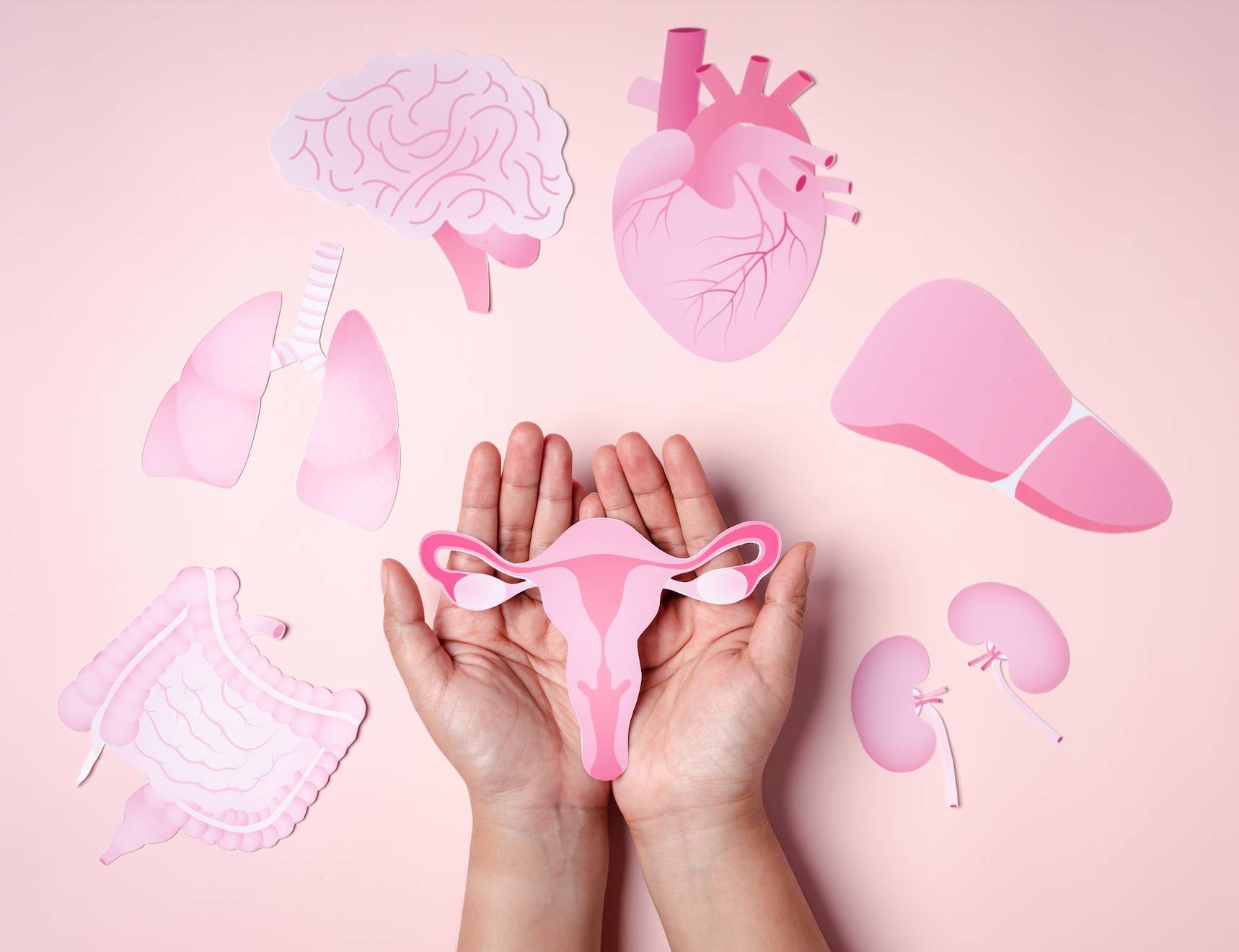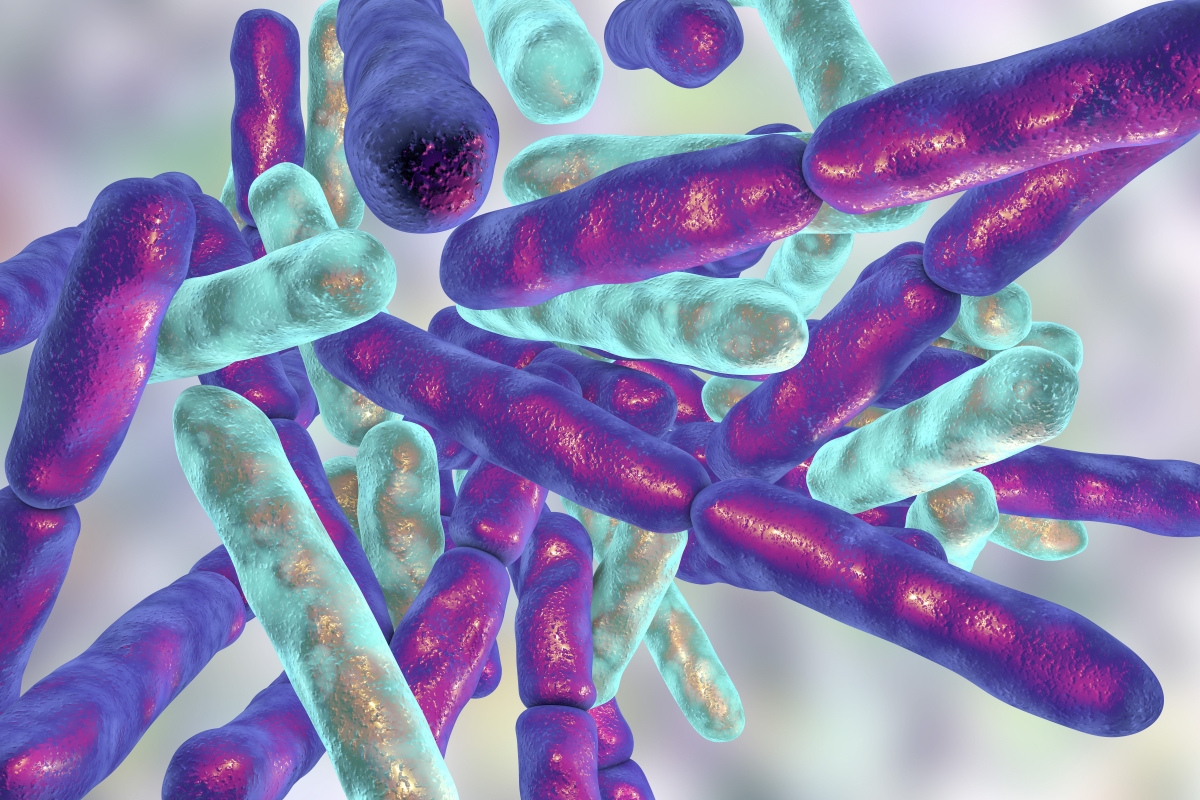Probiotics and prebiotics: Any role in menopause-related diseases?
Explore how menopause affects the microbiota
This review by Barrea et al. (2023) explores how menopause affects the microbiota across various body systems and examines its potential role in the development of menopause-associated conditions. It also evaluates current evidence on the therapeutic use of probiotics to manage these changes. The human microbiota, which exists in a mutually beneficial relationship with the body, undergoes significant changes during menopause—a state known as dysbiosis. Alterations in microbiota composition in the gut, vagina, and mouth may contribute to conditions such as osteoporosis, breast cancer, endometrial hyperplasia, periodontitis, and cardiometabolic disorders. In this review, the authors underscore the key role of microbiota in supporting health after menopause. Specifically, microbiota may enhance calcium absorption to help prevent osteoporosis, lower the risk of breast cancer and type 1 endometrial hyperplasia, reduce inflammation in the gums and menopause-related periodontitis, and improve several cardiometabolic risk factors such as obesity, inflammation, and blood sugar and lipid levels. Still, more research is needed to confirm whether oral probiotics can effectively treat menopause-related dysbiosis. [NPID: Menopause, dysbiosis, menopause-related diseases, probiotic therapy]
Year: 2023
 Navigation
Navigation








